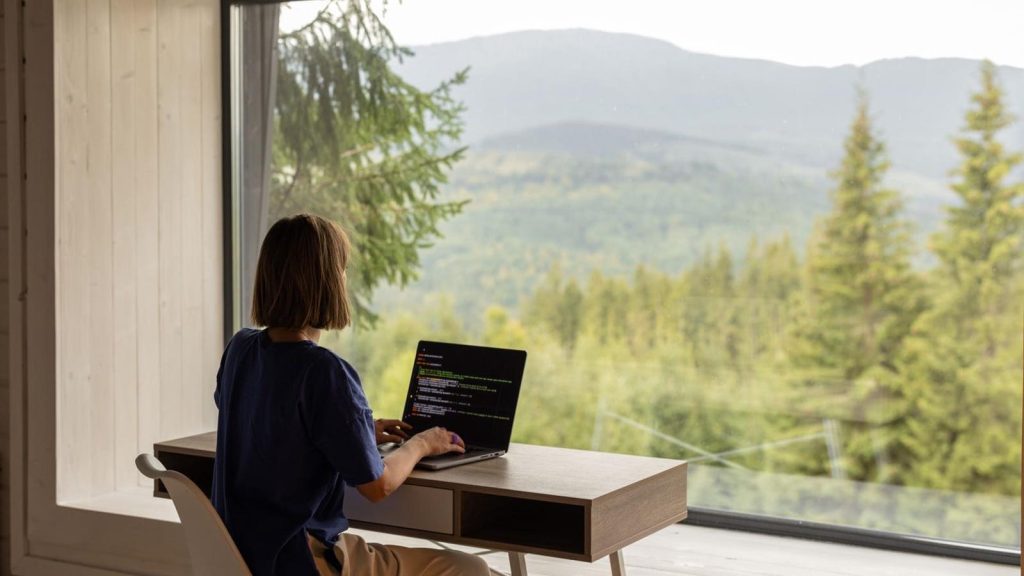The shift to remote work has blurred the boundaries between personal and professional life, leading to employees feeling pressure to be constantly engaged with work even when physically removed from the office. In response, business leaders are implementing innovative strategies to promote genuine breaks and prioritize employee well-being in a remote setting. These leaders are recognizing the importance of effective time off in maintaining a healthy work-life balance for their teams.
Mark Schell, Chief Human Resources Officer at Intero Digital, emphasizes the importance of wellness and encourages employees to take the time off they need to recharge. Intero Digital’s flexible paid time off policy is complemented by considering shutting down operations for two weeks annually to allow simultaneous time off for all employees, setting clear expectations for wellness from the beginning. Schell also highlights the role of leadership in modeling the right behaviors around time off to encourage employees to disconnect fully and promote a healthy work-life balance.
Marti Willet, President of Digital Marketing Recruiters, stresses the importance of cultivating a culture where vacations are celebrated and actively encouraged. She believes that changing perceptions around vacations is crucial in creating a workplace environment that supports employees in unplugging and truly relaxing during their time off. Willet emphasizes the role of leadership in visibly disconnecting and sharing vacation experiences to reinforce the value of taking breaks, leading to improvements in employee satisfaction and work quality.
Gloria St. Martin-Lowry, President at HPWP Group, introduces the concept of work-life integration that offers greater flexibility for employees to balance their personal and professional responsibilities. St. Martin-Lowry highlights the challenge of ensuring employees take advantage of unlimited paid time off, emphasizing the role of leaders in encouraging employees to disconnect and take the breaks they need. The focus is on creating an atmosphere of trust and value for employees’ well-being to enhance overall engagement and satisfaction.
Audra Walter, Chief Strategy Officer at MUSE, emphasizes the importance of a supportive team dynamic in facilitating effective time off for employees. MUSE focuses on early planning for vacations and collaborative project management to allow employees to disconnect without any worries. Walter advises leaders to set reasonable boundaries and expectations and to provide collective support from the team to ensure continuity of work even when team members are on vacation. This supportive approach helps employees manage their schedules effectively and maintain a healthy work-life balance.
Overall, as remote work continues to reshape the traditional workplace, leaders are implementing innovative strategies to promote employee well-being and productivity in a remote setting. By prioritizing flexible policies, promoting a culture that values rest, and embracing a personalized approach to work-life integration, companies can support their employees in navigating the challenges of the digital work era. These insights offer valuable strategies for leaders seeking to enhance the well-being and long-term success of their remote teams.















